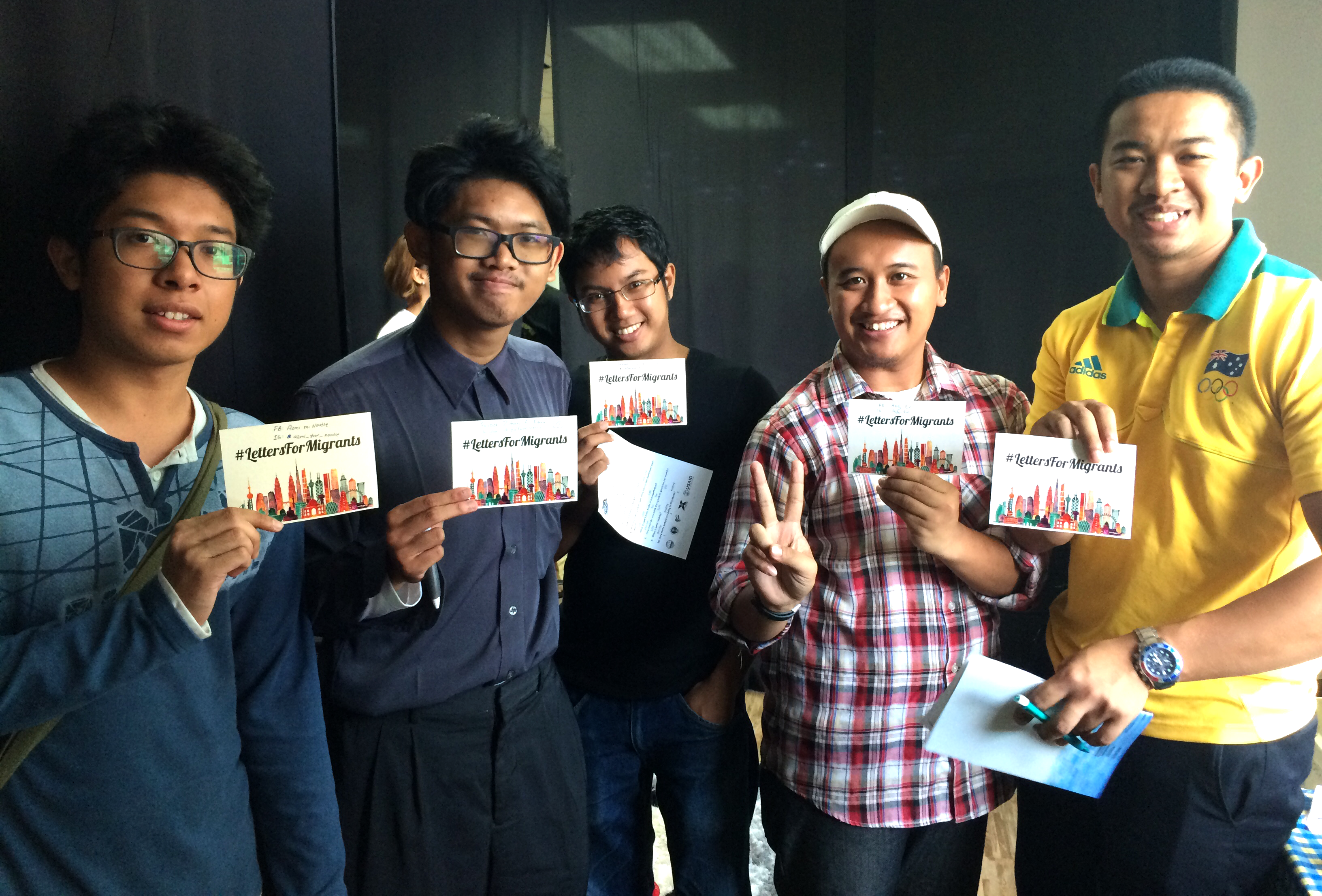
Do you care about migrant worker rights, but aren’t sure what you can do to help? Are you a migrant but feel that no one has heard your story?
We’ve all seen disturbing news stories about the abuse of migrant workers. How many left their homes for better lives, only to be exploited, or even trafficked, abroad. It’s a hard life to be sure, but their story shouldn’t stop at abuse.
If we want to make it morally unacceptable to mistreat migrants, we have to change the narrative, to show that we—people like you and me—care about them and are willing to speak out about how they’ve positively impacted our lives. At the same time, we need migrant workers to speak about their lived truths, to fill in the gaps that the media and reports may miss. We need to bring these voices together in solidarity to make real change.
Regardless of what country we live in, we all know migrant workers. Maybe she’s a Filipina who cleans your friend’s house, a Cambodian motorbike driver who takes you to work, a Myanmar woman who waits tables at the restaurant down the street. Maybe she’s your mom. Or maybe she’s you.
With the goal of uniting the voices of migrants and the public, we’ve launched a campaign called #LettersforMigrants. Simply put, we aim to build public support for migrants’ well-being, showing that they’re human beings who deserve to be treated well. Once we’ve collected several letters, we’re going to deliver them to local NGOs across Asia that work with migrant communities.
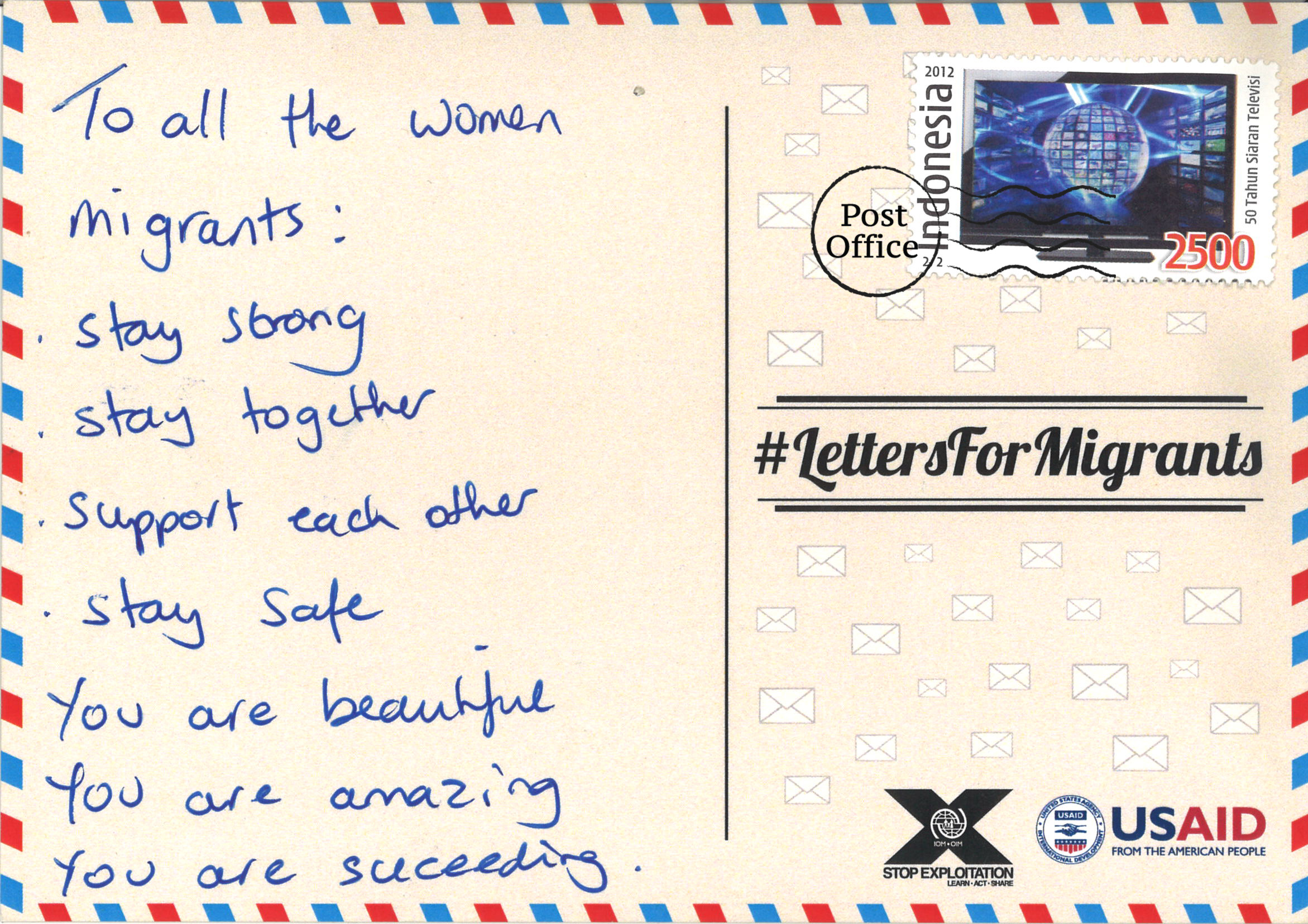
Here’s how YOU can add your voice:
Send your letters to [email protected] and we’ll post them on our Medium page.
Ideas for letters:
1. Personal stories if you have a connection to migration (e.g. a friend or family member who has migrated)
2. An open letter if you just want to express your support to migrant communities
3. If you are a migrant, a letter about your experience or a message to the migrant worker community
To make this more creative, we’re looking for:
• Short letters around 400 words + a photo of yourself holding a white piece of paper that has a short, powerful quote from your letter written on it
• Letters can be in any Asian language (bonus points if you can do this!) or English
And if you’re a superstar:
• An audio recording of you reading your letter OR
• A video recording (can be done with your phone) reading your letter
We all have a role to play in creating social change. Writing a letter of support is a simple, easy action you can do, and you never know how it will brighten someone’s day!
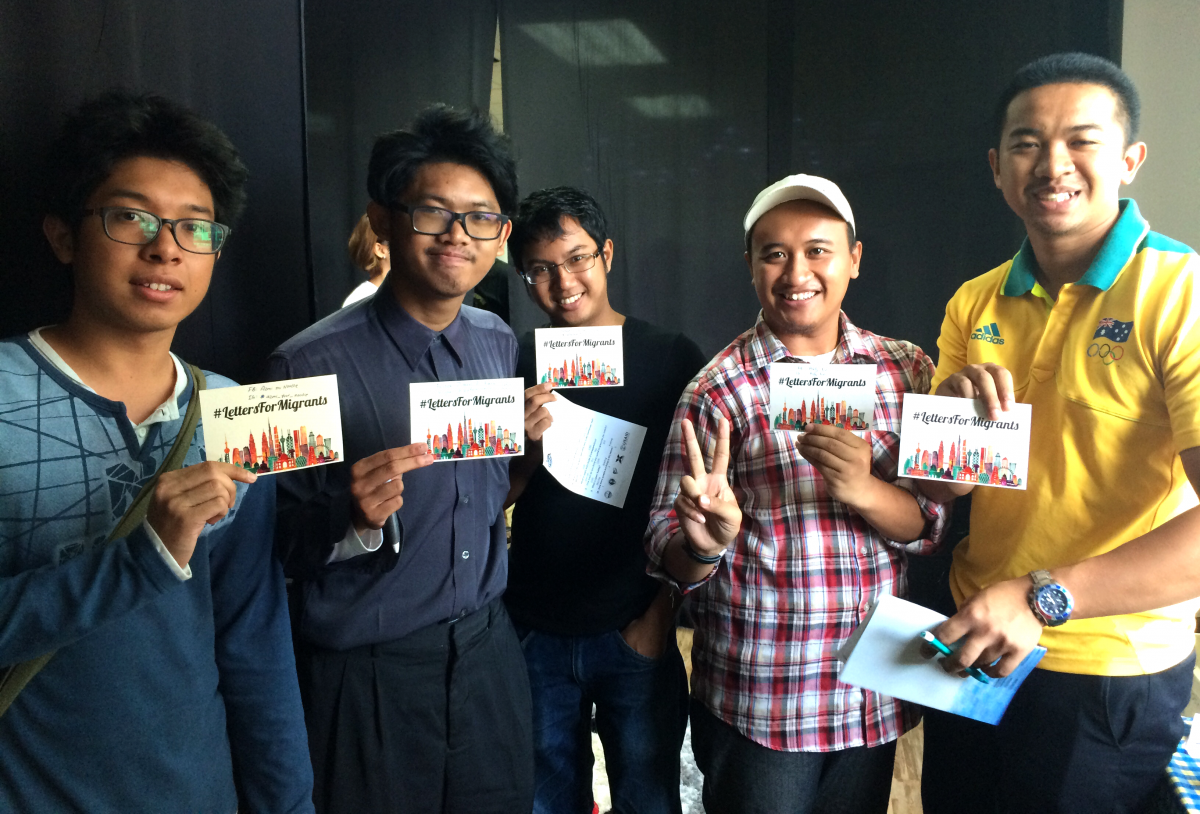
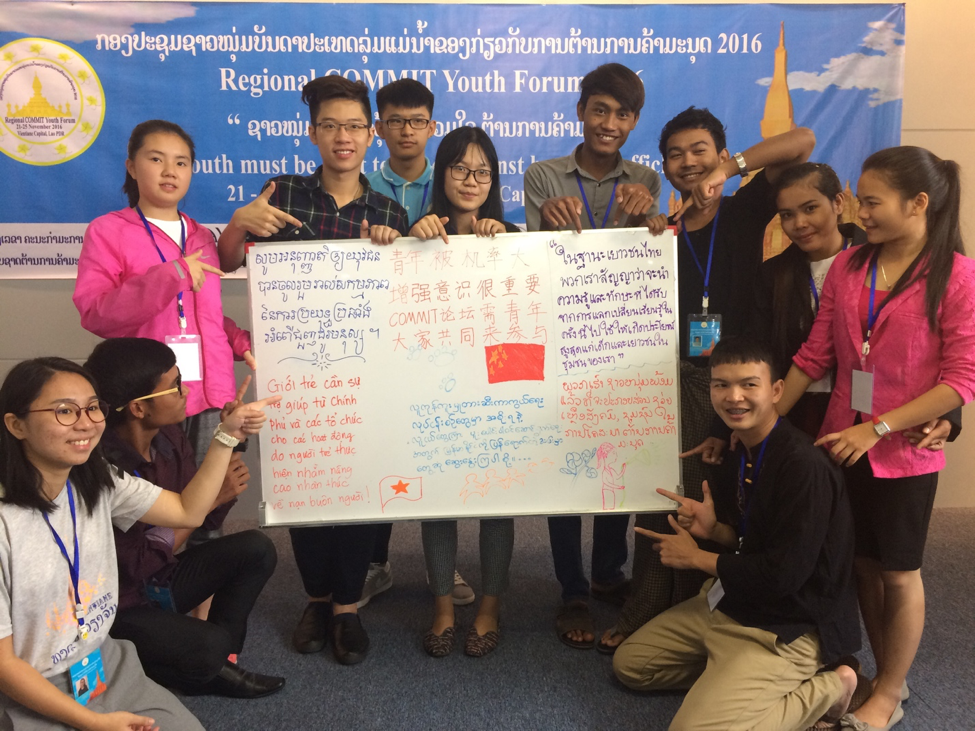
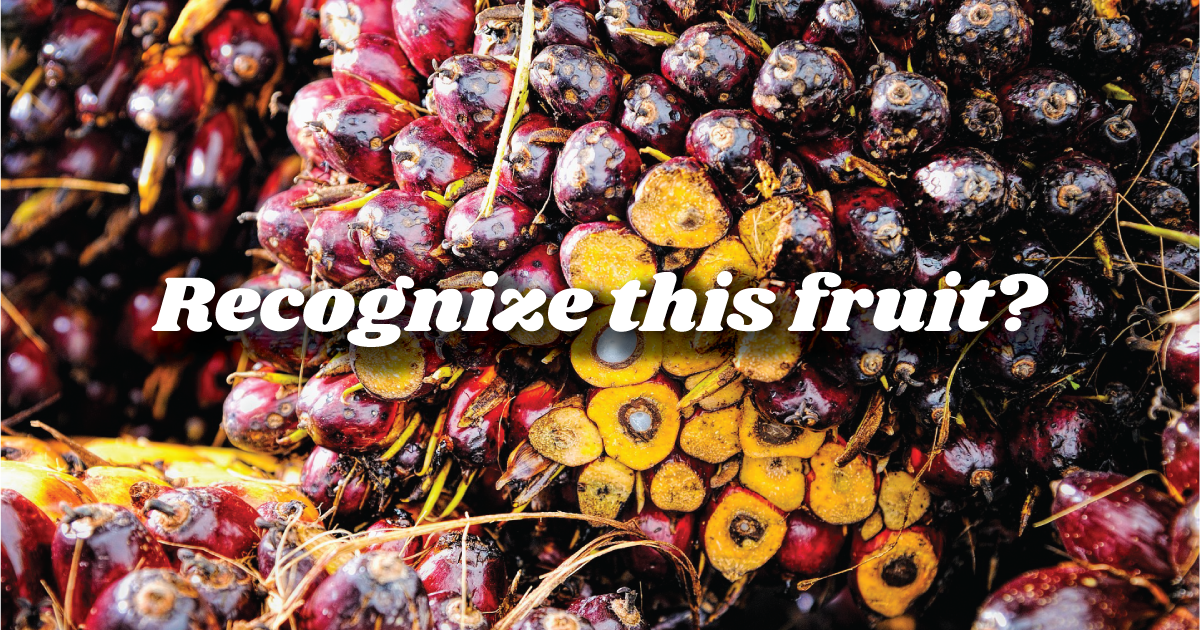
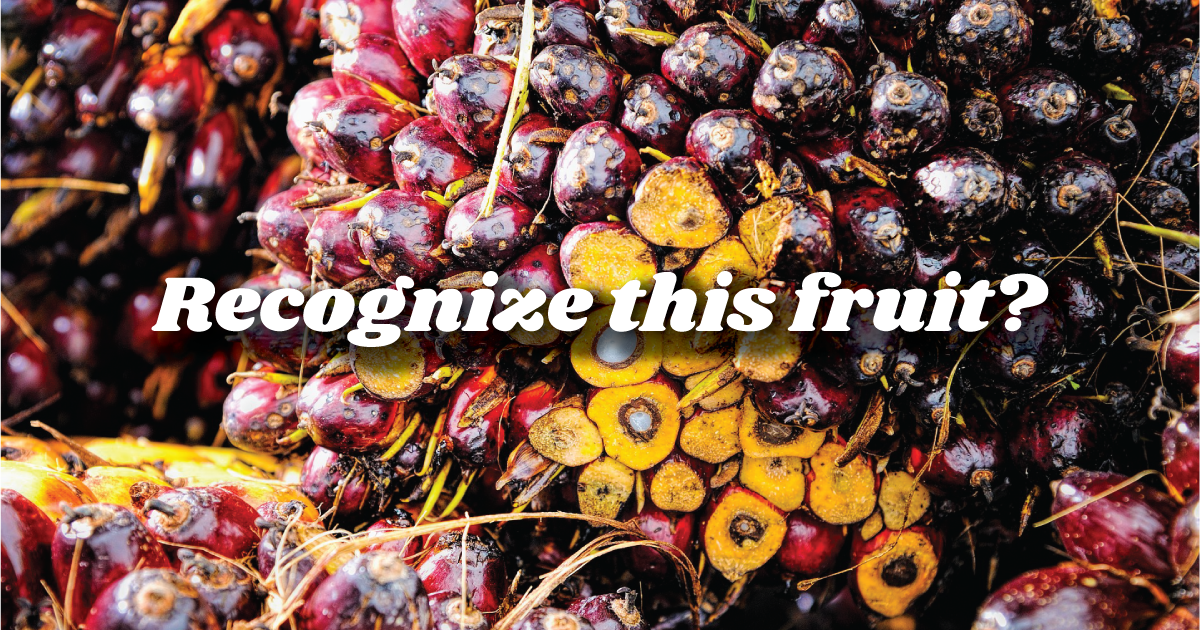

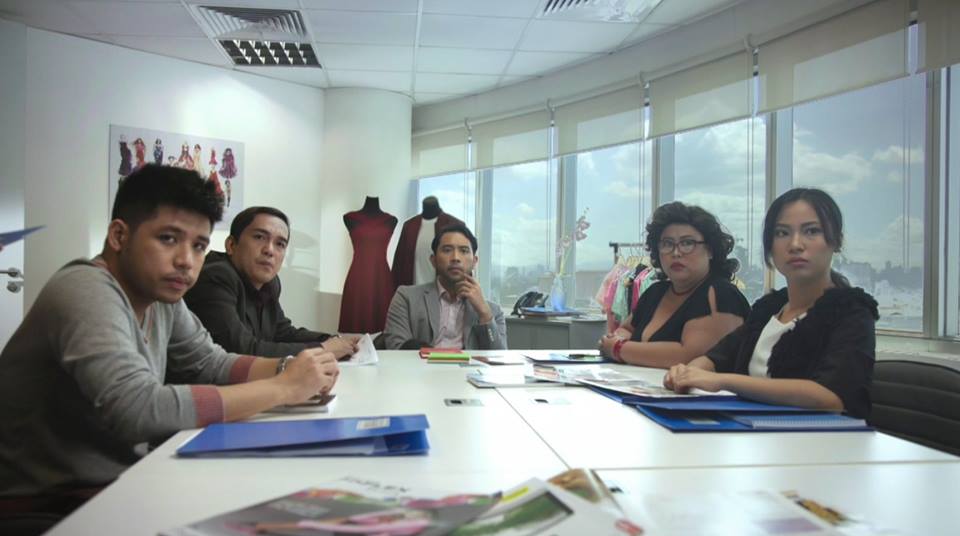

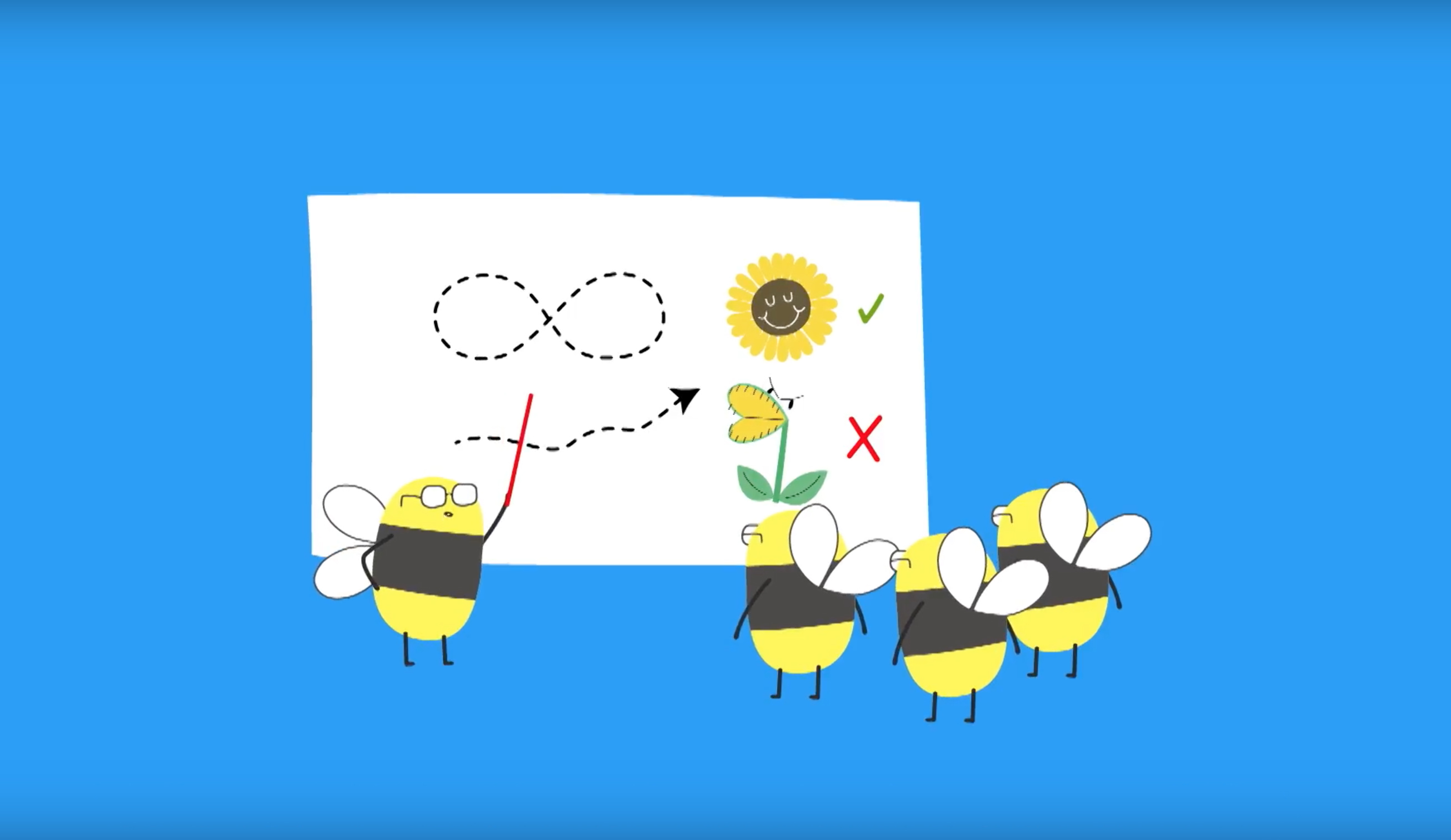

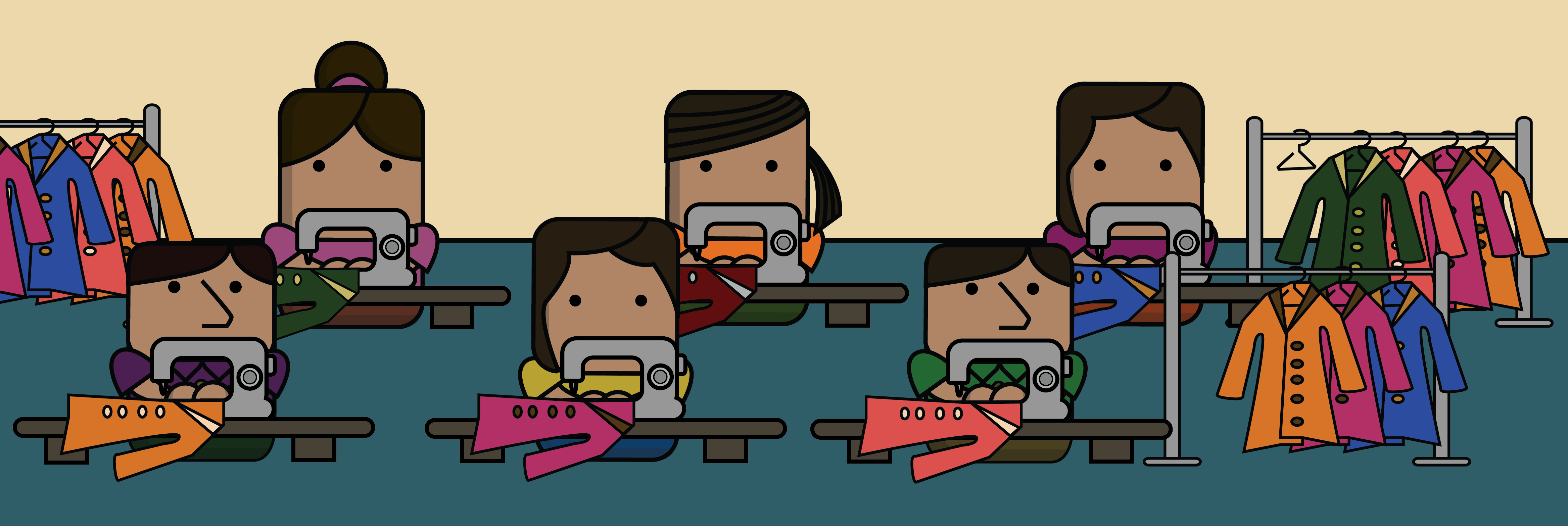
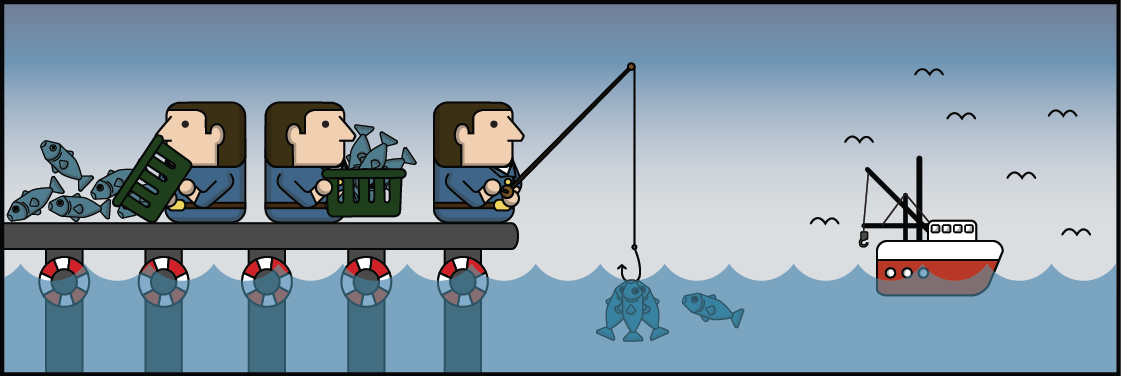

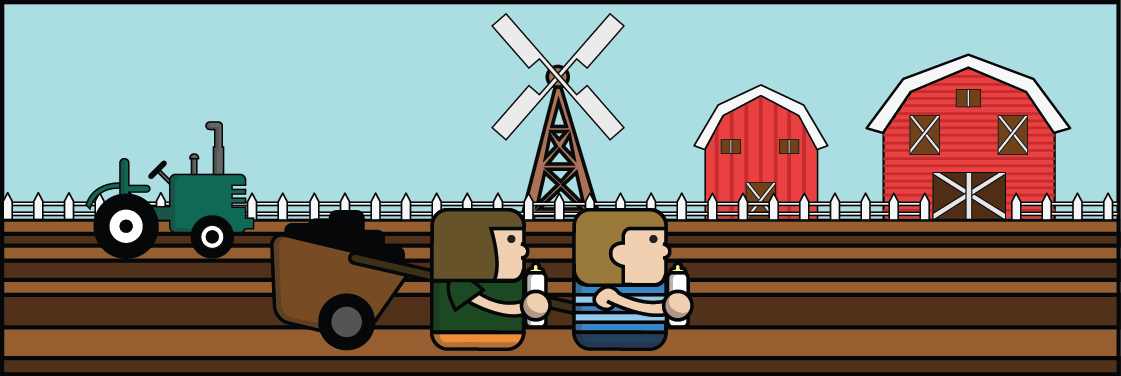

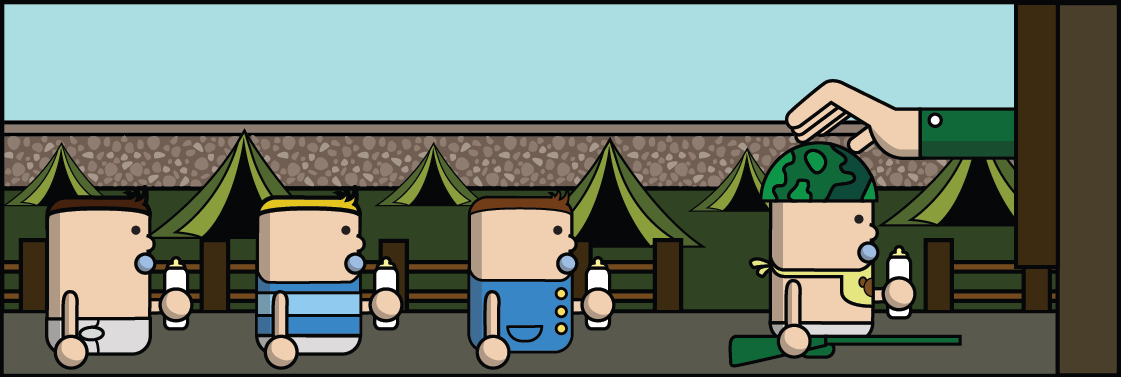
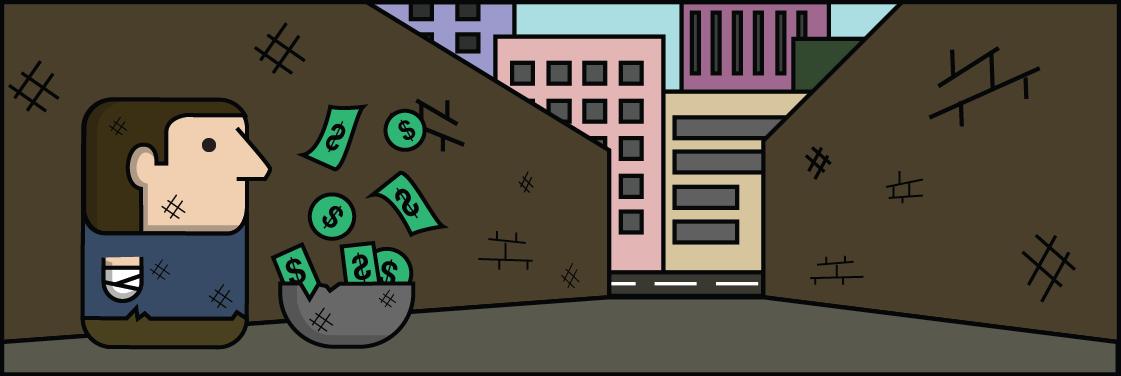


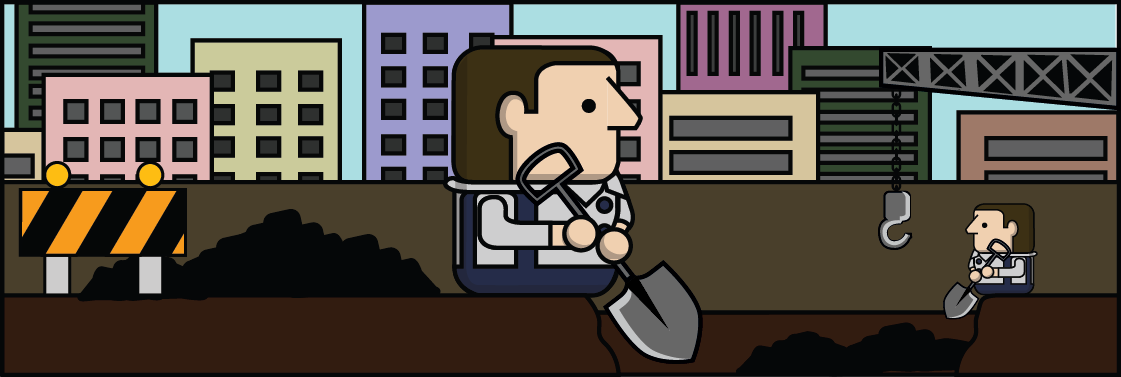

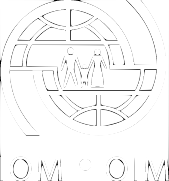 Power by
Power by